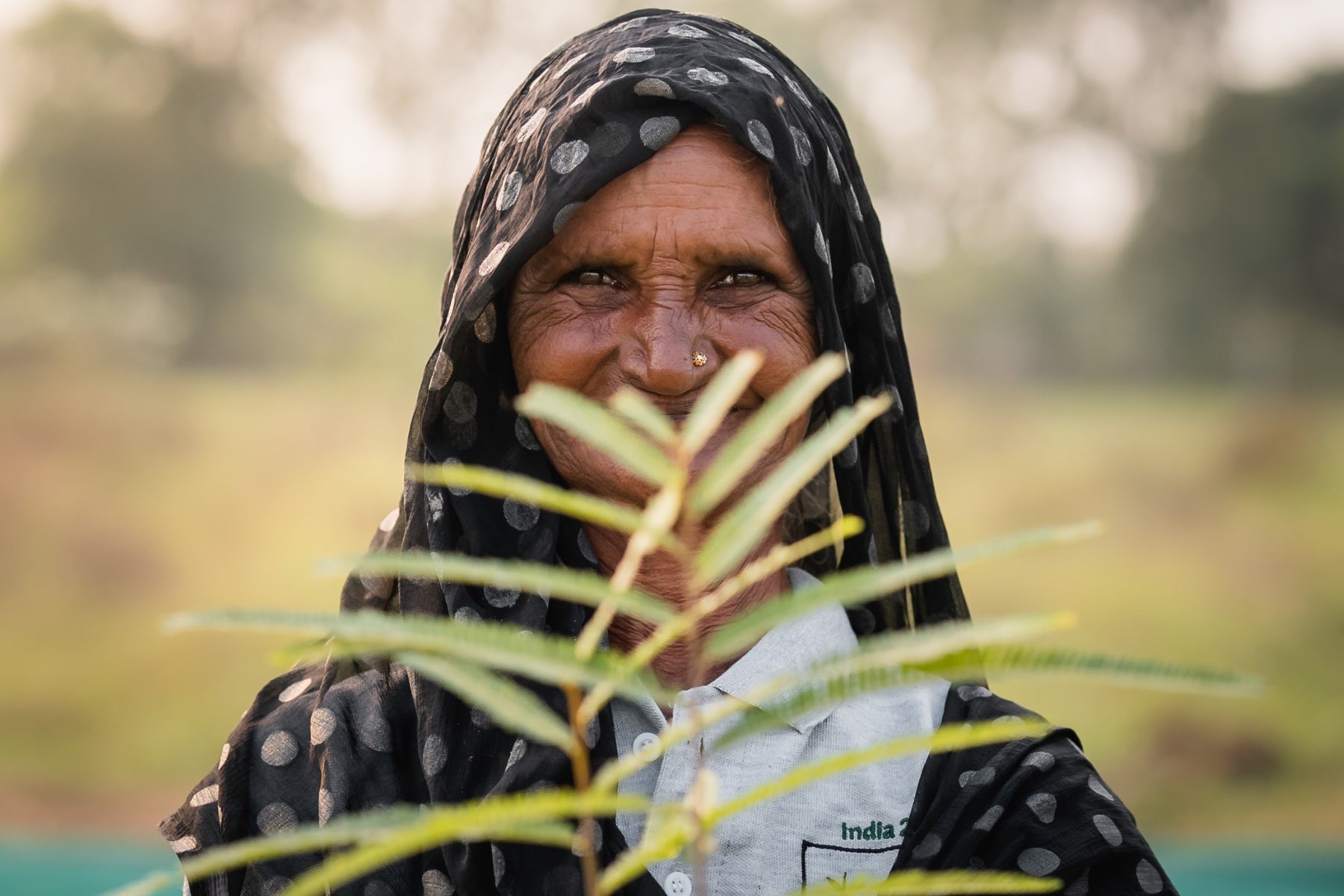5 Good Environmental News Stories from the Past Month that will Make You Smile
The first month of the new year has already come to an end, and while you’ve been keeping yourself busy with your fitness, financial, or nutritional goals, positive environmental strides have been happening around the globe. We hope you’ll see these stories as a reminder to keep doing your part to protect the environment and continue working with us to plant trees in an effort to create a greener future for all.
Grab some healthy snacks and get ready to scroll; this year is already shaping up!
2022 Impact: 52 Million Trees Planted Across The Globe
In the face of challenging social, political, economic and environmental realities, 2022 was a year that required resilience and innovation in the reforestation space. Through it all, One Tree Planted persevered and focused on what we do best: planting trees! Together with our incredible network of global planting partners (463 and growing!), we planted 52,793,657 trees through 327 impactful projects in 74 countries around the world! We’re so proud to continue our journey of incredible growth every year by planting over 2x the trees we did in 2021. That said, it’s the individual stories, the years long partnerships that, when the days are long and the obstacles many, warm our hearts and strengthen our resolve to continue our work planting trees and growing forests around the world.
Earth’s ozone layer is being restored
Based on extensive studies and research conducted by top international experts, the UN Environment Programme (UNEP) recently reported that the Earth’s ozone layer is currently on track to recover within four decades, largely thanks to the Montreal Protocol and the Kigali amendment. The Montreal Protocol is a global agreement to protect Earth’s ozone by phasing out the chemicals that deplete it, while the Kigali Amendment (introduced in 2016) aims to phase down hydrofluorocarbons (HFCs), which are known to be potent greenhouse gases.
A new conservancy will protect an endangered B.C. rainforest
Known as one of B.C.’s greatest treasures, the endangered rainforest within Incomappleux Valley will now be protected by a new 58,000 hectare conservancy that will prevent logging, mining and hydroelectric development in the northern three-quarters of the valley. With less than 5% of Canada’s inland temperate rainforest remaining, this conservancy aims to protect the unique forest ecosystem as well as the many at-risk species and old-growth trees that depend on it for survival.
France’s single-use plastic ban has officially started
Over 6 billion fast-food meals are served each year in France, creating about 2 million tonnes of waste annually. As of January 1st, the country is prohibiting fast-food restaurants from offering single-use plastic boxes and cutlery. Eco-friendly options such as paper wrappers and reusable containers will help restaurants adjust to the new ban. This single-use plastic ban follows the ban France put in place last year that prohibits plastic packaging for 30 types of fruits and vegetables.
England introduced a new rewilding site
Heal Somerset, England’s newest £5.25m rewilding site aims to tackle the climate crisis while protecting nature, growing food and creating job opportunities. Founded during the pandemic, rewilding charity Heal was born out of a need to help recover England’s nature and improve the livelihoods of local communities. Heal is working to establish recovery sites in all 48 English counties by the year 2050.
Solar-powered robots will clean up Argentina’s waterways
La Plata National University and waste management company Recyclamar Pampa Argentina collaborated to create solar-powered robots designed to clean up Argentina’s waterways. The robots will be deployed in ports, rivers and lagoons and will be able to clean up microplastics, bags, bottles and even floating hydrocarbons that are up to 16 inches below the surface. With plastic pollution being a major issue in Argentina, these robots might just be the answer to the Argentina’s battle against plastic.
We hope that you enjoyed reading January’s good news stories as much as we enjoyed featuring them! Remember, you can make a positive impact across the globe by donating to one of our planting projects.






